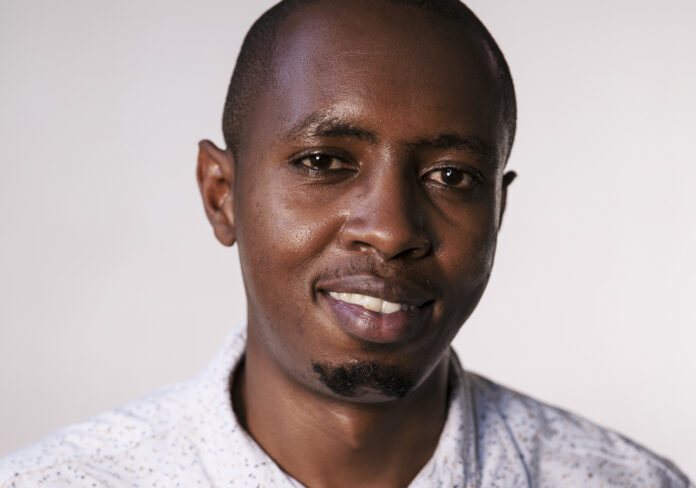In 2013, Daniel Macharia made the scariest decision of his life. He decided to leave his career in banking for video game development a month before his 25th birthday. Reflecting on his time in banking, he shared, “Everyone who had a technical issue in the office would call me. So the people who didn’t know me just assumed I was in the IT department and they were very surprised when they found out that I was in credit. That’s another thing that spurred me, it was so apparent to everyone else. And I also felt like I was in the wrong field.” As he had anticipated, his decision initially caused tension with his mother. However, over time, she became his staunchest supporter.
Macharia is currently a lecturer at one of the highly esteemed institutions in Kenya the African Digital Media Institute (ADMI). His journey took an exciting turn when he landed a full sponsorship from the French Embassy in Kenya to visit Rubika, a leading school for Video Games, 2D/3D Animation, and Design in France. Beyond his role at ADMI, he passionately nurtures ChezaCheza, his game development studio. Everything always adds up when you look backwards. Let’s travel back to Macharia’s childhood and connect those dots.
Macharia’s gaming journey started with handheld water ring toss games, progressed to brick games, and then evolved into classics like Super Mario and Duck Hunt on Terminator Ending Man’s console. He spent endless hours mastering Super Mario and fondly remembers his mother’s holiday tradition of gifting him a new console, acknowledging Terminator Ending Man‘s fragility. However, a school friend and neighbour once made a revelation that would dramatically change Macharia’s gaming experiences.
Vibrating controller
What followed was a series of visits to a neighbourhood gaming arcade to play games on the PlayStation. He fell in love with driving games like C3 Racing, Forza, Turismo, and Project Scars. He chuckles when he recalls his first encounter with C3 Racing, “I remember the controller shook and I was so startled I dropped it. I had never held something that vibrates before.” The sensation left him amazed, a stark contrast from hearing about it. He kept going to gaming arcades, using the coins he saved from lunch and transport money. One day he played Tekken 3 and he was hooked. “I hadn’t played a game that had combat like Tekken 3. From then on the racing games took a back seat and all we did was play Tekken at that arcade.”
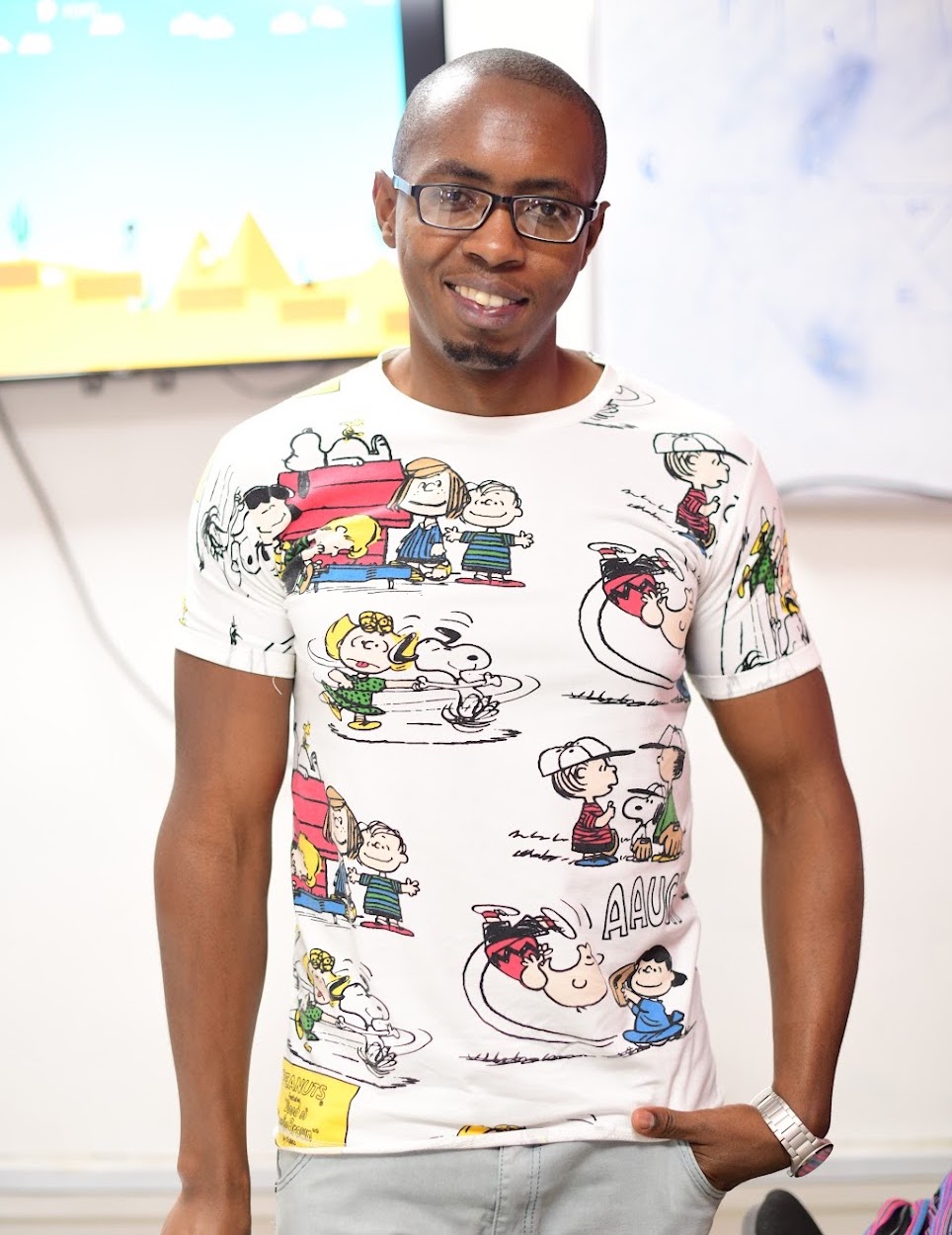
In primary school, computers were easily accessible, and Macharia spent breaks and Saturdays playing games like Lotus III. In his first year of high school, there were no computers. However, towards the end of his second year, 20 computers were bought and only top-performing second-year students and first-years had access to the course. Unfortunately, Macharia missed the cut by an inch. Eventually, things worked out and he swapped with a classmate who preferred music classes.
YouTube tutorials
Despite late-night computer lab access, Macharia confesses, “Being the silly teenagers that we were, we were busy playing video games when we were supposed to be catching up with the 2 years we had missed. If I hadn’t done computers I was just going to do business studies.” His counterparts studying business studies only had 2 exam papers to contend with in their final year. On the other hand, Macharia’s final year exam required him to work on his project from March to November. “It got to a point where it took over the time I was supposed to spend preparing for the other subjects. I got disillusioned and was like I love computers but no it is too much of a hustle.” Lacking guidance, he shifted gears after high school, opting for a business commerce degree and eventually securing a job in banking.
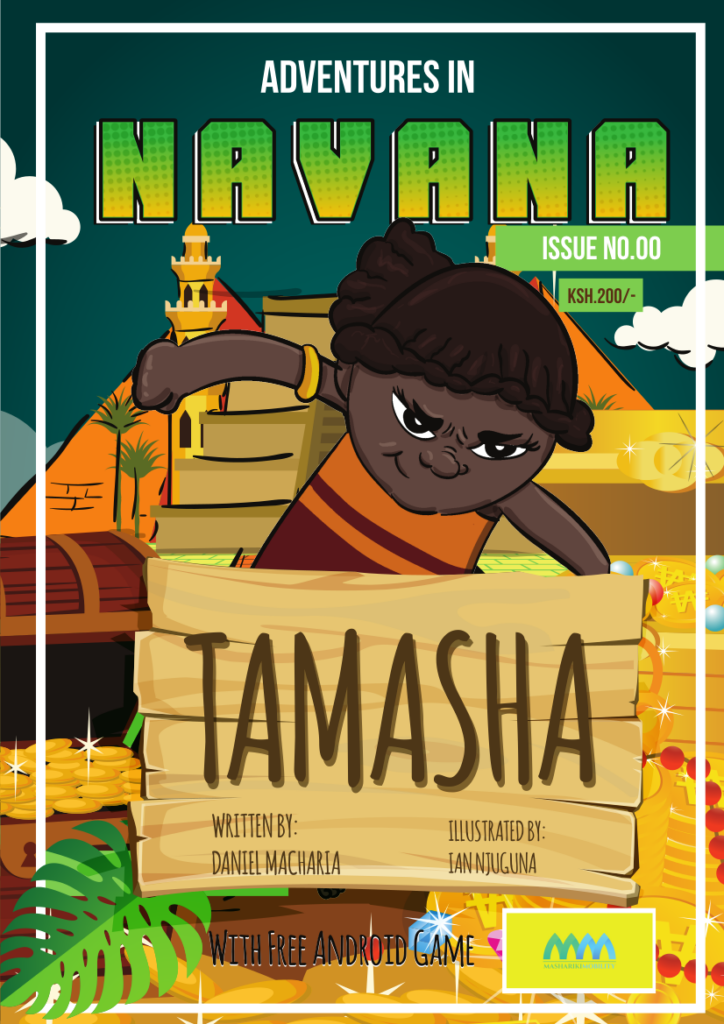
The day he quit his banking job, Macharia still vividly recalls his branch manager’s surprised expression. She gave him a week to reflect on the decision. He had some money saved up to support himself so the decision stuck. He wanted to follow his passion and make a positive impact. When he told family and friends, they thought it was a bad decision. To cope Macharia buried himself in YouTube tutorials taking advantage of his uncle’s strong wifi. Three months into self-teaching, he published his first app Povi short for Positive Vibrations, focused solely on spreading positive news.
Introducing footwear
Macharia’s teaching journey at ADMI began serendipitously. “It happened so fast. I sent the application email on Monday, got the response on Wednesday, did the interview on Friday and I was accepted to start the following Monday.” Things fell into place after he took a chance on himself. He got the opportunity to visit Rubika where he received training on how to deliver game development classes. His fully sponsored trip happened during the COVID-19 pandemic. It was the biggest confirmation that he was in the right field. While at Rubika he was in awe of the level the students were in. He acknowledged their advanced infrastructure and the opportunities these students had when it came to internships. They got to intern in some of the biggest studios in the world.
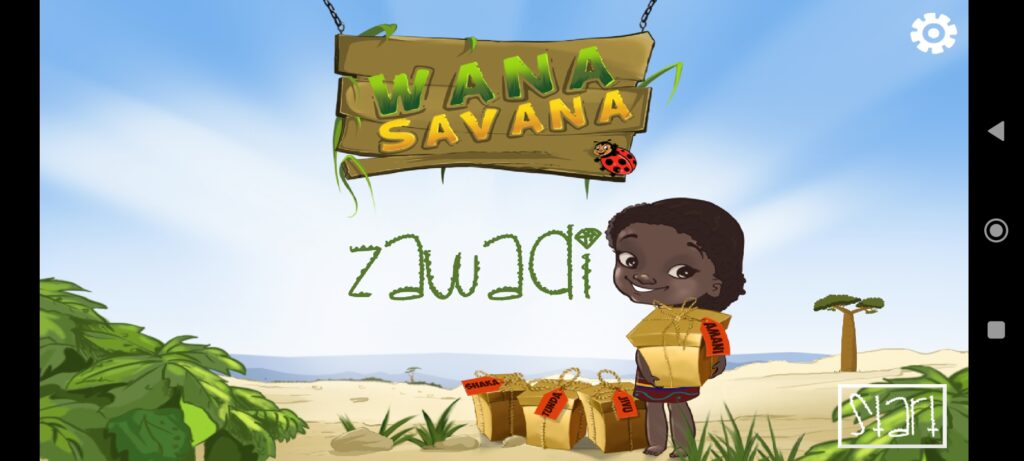
Under ChezaCheza, Macharia has released three games, with the first, Wana Savana, in honour of his cherished childhood game, Super Mario. The characters Amani, Shaka, Jivu, and Tunda bring the Swahili meaning of the game, “Children of the Savanah,” to life. The second game, Wana Savana Juice Jam, draws inspiration from Candy Crush, while the third, Wana Savana Zawadi, addresses player feedback by introducing footwear as gifts.
African stereotypes
Macharia reflected on player feedback saying, “When I developed Wana Savana, players complained about the fact that the characters wore no shoes and that it was perpetuating stereotypes about Africa. After Wana Savana Zawadi’s development, other people told me the characters were authentic barefoot. It’s a reminder you can’t please everyone.” One of Macharia’s biggest accomplishments came when his mother provided funding to complement what he had, allowing him to publish comic books. Later on, he collaborated with local media houses to publish Wana Savana comic strips.
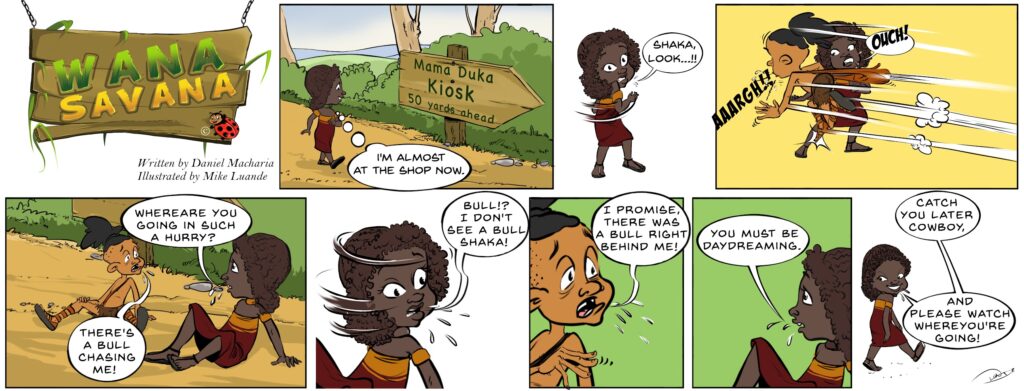
However, he still remained concerned that his games were not getting the traction he desired. Then one day a documentary on Nintendo and SEGA’s contrasting strategies sparked a realization. To this point, Macharia had been emulating Nintendo’s family-friendly approach. After watching the documentary he questioned his target demographic. He decided that his new approach would align with SEGA’s strategy that focused on capturing the attention of older siblings, who have purchasing power and are likely to influence the younger ones.
Teaching game development
In 2020, Macharia created a YouTube channel where he posts video game-related content. He currently has a 20-part tutorial on how to make Wana Savana. He has made the assets open source so that the learner can create their own version of Wana Savana while following along. When asked what he enjoys most about teaching he had the following to say, “The good thing about teaching is it is very flexible. Some days you have your afternoon free so you can dedicate a few hours in the afternoon to work on a pressing client or personal project. A candle doesn’t get dimmer when it lights another candle. That is my inspiration for teaching.”
He also highlighted some brilliant students he has come across. “There’s a former student who was an architecture graduate from the University of Nairobi. She joined ADMI and finished a video game development certificate. Then, she developed an impressive game app. It lets architects design a building and simulate a walk through all the rooms for clients. She turned what she learned into a practical, real-world application.
African female lead
Macharia chose Amani as Wana Savana’s main character because he wanted to fill a gap. He’d never played a game with an African female lead. Amani was his way to bridge that. He is currently developing Nairobbery, a game for a mature audience with both male and female characters. It pays homage to Nairobi, the capital city of Kenya. Over the years Macharia has seen a lot of changes in the Kenyan gaming scene. One of those major changes is support from Google. Google allows the Kenyan mobile banking service Mpesa to be integrated into games and nowadays even teens have Mpesa. Looking back, Macharia would tell his younger self to “work smart and believe everything will be alright.”

